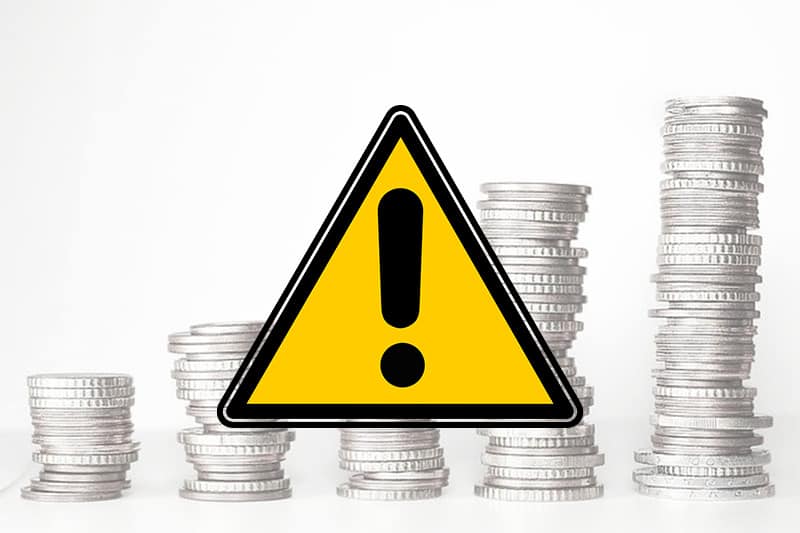No deposit? It might sound like a good thing initially, but not when you look more closely. When you hear about letting agents who don’t ask for a deposit, it can be tempting to take them up on the offer without thinking about the consequences. But in our view, if something seems too good to be true, it probably is! Here’s why “no deposit” letting is a bad idea both for tenants and landlords.
For tenants
As well as searching for somewhere great to rent, you’re also looking for good value. That makes sense. So if you hear of a letting agent who offers “no deposit” renting, it can be all too tempting to sign on the dotted line. No wonder: a lack of a deposit is a kind of emotional trigger that encourages a less than rational response! It’s designed to encourage you to rush into choosing a property without looking at the long-term implications. But there are several reasons why not paying a deposit actually works against you as a tenant:
Bigger rent bills: One important point is that, while you think you may benefit by not shelling out for a deposit, you could end up paying bigger rent bills. A “no deposit” approach can be used to hook you in initially, but the agent or landlord will then simply push up the cost of the rent. When you pay a deposit you get your money back if there’s no damage to the property. But if the cost has instead been added onto the cost of your rent, you won’t see that money again, however, well you take care of your rented property!
House-share problems: Another risk is that, if you’re sharing a house as part of a group of people without a deposit and there are damages, you could be chased for the money to cover them! While some people are rightly deterred by the thought of being taken to court and having a poor credit rating, others aren’t! That could create a financial fall-out which could end up affecting your house-share – with a knock-on effect for your studies or your work life! So if you’re the conscientious type, you could end up losing out through “no deposit” letting. But with the deposit already paid, you’re protected, however, your house-share turns out.
A “blank cheque” relationship: A deposit also works on a symbolic level. It’s a sign that you’re entering into an equal agreement with your letting agent and landlord. It’s also a statement that everyone involved is committed to meeting certain standards. This is very different to the “blank cheque” relationship between renters and “no deposit” agents, where there’s no clear standard.
For landlords
We appreciate that for landlords, collecting a deposit can seem like yet more administration. However, in our experience, the deposit creates a clear relationship between you and your tenants. When your tenants have paid a deposit, it’s human nature that they’ll be more likely to take good care of your property. We’ve heard of cases of “no deposit” agents and landlords where households with nothing to lose have left the property at the end of the tenancy in a terrible state. The agent then had to get in cleaners or contractors in, sometimes at exorbitant rates! So the damage and hassle of chasing tenants (or their guarantors) invariably end up outweighing the short-term benefits of not having to deal with deposits. This all has a negative impact on the standard of properties and the rental market as a whole.
So, as you can see, a deposit actually helps to protect the rights of tenants and landlords. While it may not seem the most appealing aspect of renting a property, it’s all part of ensuring a level playing field for everyone.
Do you have a question about renting, either as a landlord or a tenant? We’d love to help. Do get in touch.





